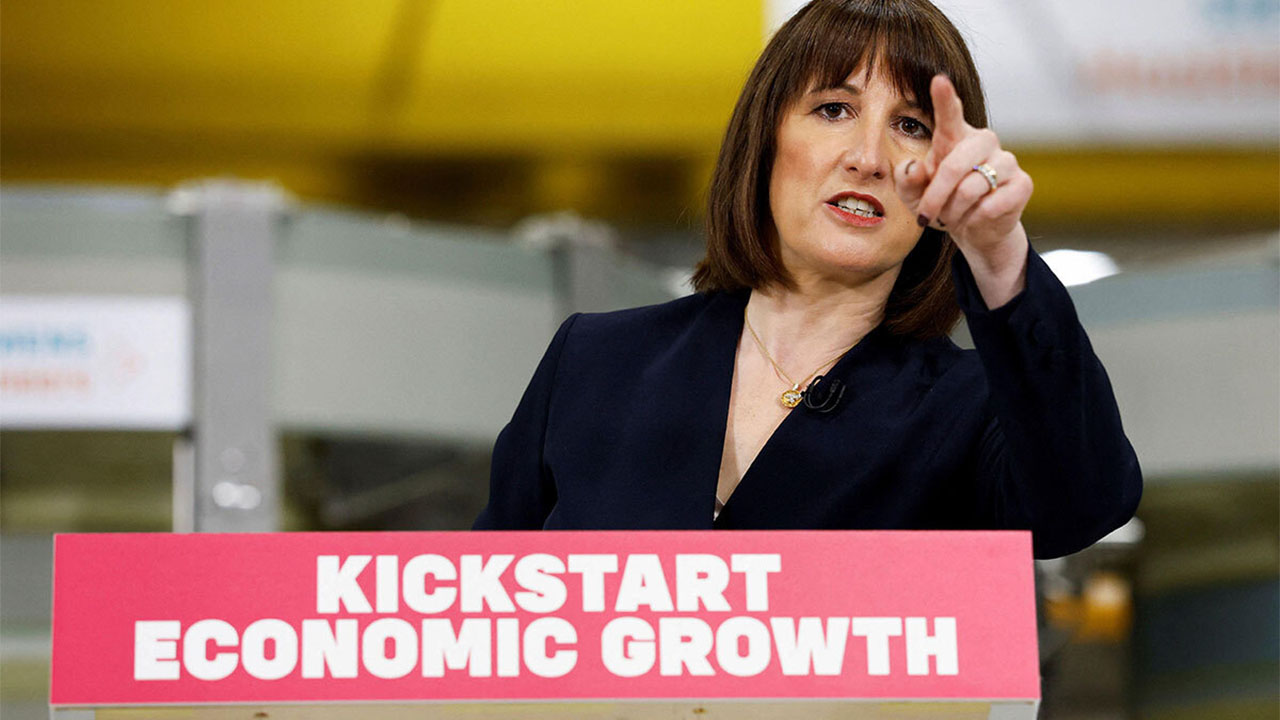Employers in the Midlands have less than 15 months [from January 2025] to prepare for compulsory HMRC reporting on payroll expenses and benefits-in-kind.
“This is going to cause a serious administrative headache to employers – many are unprepared,” warned Vicki Brook at UK top 10 accountancy and advisory firm Azets.
“Given the clear scope for reporting mistakes, it might be best for employers to introduce voluntary payrolling from the tax year 2025/26 to iron out any teething problems before go-live in the new tax year 2026/27.
“We are talking about people’s taxable income here – it is not a matter which employers can duck out through ignorance or disinclination; the train is hurtling along the track.
“HMRC wants expenses and benefits-in-kind on payroll declared in the digital moment, as it were, from April 2026; a collection of income tax will be in real-time, usually every month, rather than once a year.”
Employers must report expenses and benefits-in-kind, such as company cars and private medical insurance, to HMRC every year in a P11D form.
The employer pays Class 1A National Insurance of 13.8%, rising to 15% in 2025/26 on the benefit value, and the employee has to declare that on their tax return so it is assigned to their tax code for them to pay tax on that element.
Trepidation from businesses about the impending changes was evident in a special Azets webinar on preparing for mandatory payrolling of benefits-in-kind – nearly 570 employers attended, with 50-plus questions asked. Azets’ webinar poll, with responses from the majority of attendees, showed that nearly half of were considering implementation on a voluntary basis from this April, with nearly 36% holding off until mandatory introduction and 14% already on payroll.
Asked if they feel prepared, nearly 69% of employers were “reasonably confident” but may need further help and support, with 20% confident they know what to do and just over 11% stating they needed assistance because they were “not at all prepared”.
Vicki added: “The key question for employers is whether their payroll software will be user-friendly and capable of dealing with real-time reporting in relation to this wholesale change – they will need to know in advance about expenses and benefits-in-kind going through the books, whereas on the current reporting system, they can look back over 12 months to see what the costs were.”
There are two things you cannot do via payroll voluntarily at the moment, Vicki said.
These are beneficial loans, including overdrawn directors’ loans accounts and living accommodation provided to employees – these remain reportable on a P11D form at the end of the tax year.
Announcements in the Autumn Budget confirmed that the mandatory payrolling of beneficial loans and living accommodation will be delayed beyond April 2026 but it will be possible to report these benefits on a voluntary basis from April 2026.
All other benefits will be subject to mandatory payrolling.
Example
If a benefit-in-kind with a monthly value of £120 is included in the payroll, this will result in a basic rate taxpayer employee paying tax on the benefit of £24 and the employer paying £18 in Class 1A NICs in real time (based on the increased rate of employer NICs of 15%).









